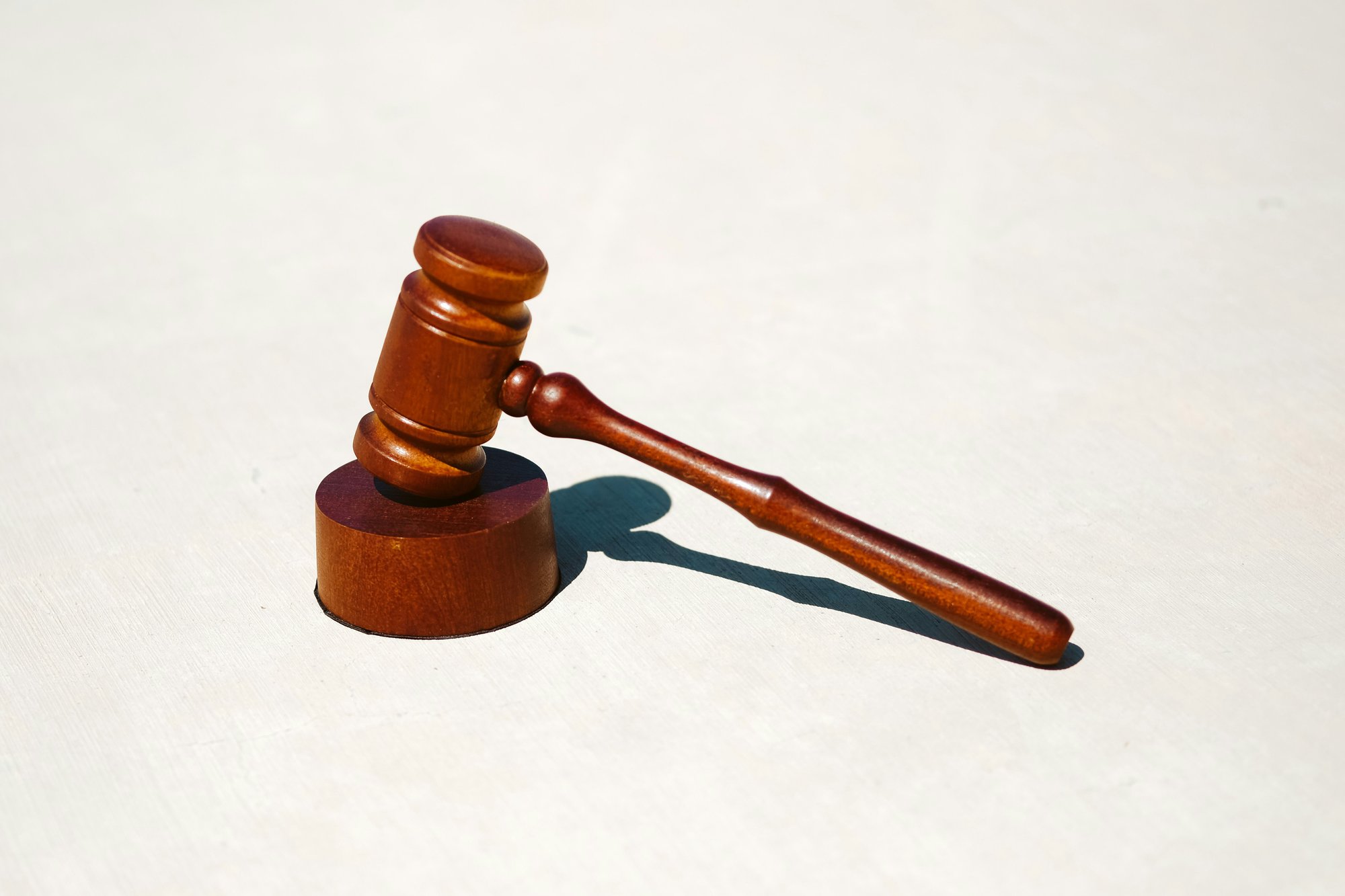Understanding the Probate Process After a Loss
After a loved one passes away, families must often navigate the complicated process known as probate. Below is a helpful guide to this crucial legal procedure:

What is Probate?
Probate is the court-supervised legal process that validates a person's will after they’ve passed, pays their outstanding debts, and distributes their remaining assets to beneficiaries. If someone dies without a will (intestate), probate determines how their assets will be distributed according to state law.
The probate court appoints a personal representative (executor or administrator) who has the legal authority to carry out these tasks.

When is Probate Required?
Generally, probate is required when the deceased owned assets solely in their name without designated beneficiaries or when the total value exceeds state thresholds.
Whether an estate requires probate depends on several factors including the size of the estate, the types of assets (assets with designated beneficiaries, held in trusts, transfer-on-death accounts, or assets held in joint tenancy typically avoid probate), and individual state laws.

How Long Does Probate Take?
On average, the probate process takes about 9-18 months to complete, although simpler estates may take 6-9 months.
The duration of probate can vary considerably depending on several factors such as the complexity of the estate, individual state laws, requirements, and timeframes, ease of working with beneficiaries, potential debt complexities and complications, and tax issues.

How Much Does Probate Cost?
While probate costs can vary, the costs associated commonly range from 3-7% of the estate's total value.
Probate expenses typically include court filing fees, executor fees (often set by state law), professional appraisal costs, and accounting costs. They may also include bond premiums (may be required to purchase to protect the estate), and attorney fees (usually charged as a percentage of the estate or hourly fee).

The Probate Process: Step by Step
- Filing the petition: The process begins when someone (usually the executor named in the will) files a petition with the probate court.
- Notifications: Heirs, beneficiaries, and creditors must be notified of the probate proceeding.
- Inventory and appraisal: The executor creates an inventory of all probate assets and determines their value as of the date of death.
- Debt and tax payment: Outstanding debts, expenses, and taxes are paid from estate assets.
- Distribution: Remaining assets are distributed to beneficiaries according to the will's instructions or state intestacy laws.
- Closing the estate: The executor files a final accounting with the court, which then closes the estate once all requirements are met.

Probate Help Is Available -
Let Alix do it.
While some estates can be handled without assistance, a qualified professional can help navigate the complexities of the process, reduce your stress, and help you avoid costly mistakes.
With Alix, probate doesn't have to be overwhelming.